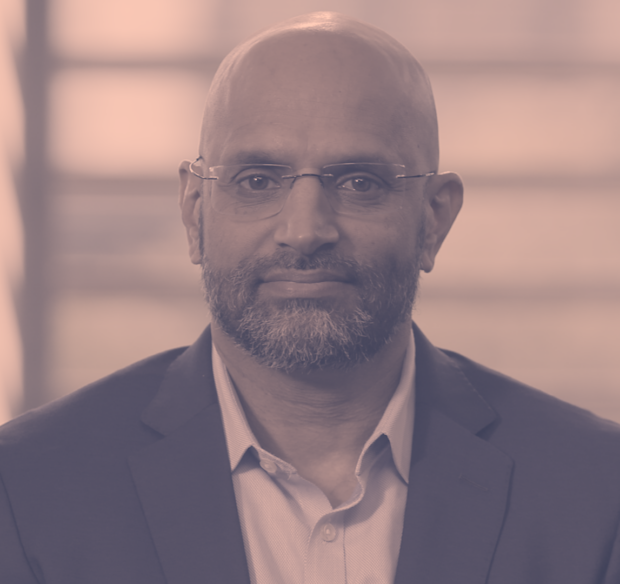When a patient learns they have cancer, it’s often wrought with raw emotion, which likely comes as no surprise. However, as physicians, it’s important to understand not all patients convey their emotions the same way, and among patients of color, cultural norms influence this behavior.
Each year, SurvivorNet hosts a “Close the Gap” conference, a virtual event that aims to shed light on disparities in cancer care. We’ve also featured the voices of many survivors to learn what patients need from their doctors after a diagnosis.
Neuroendocrine cancer survivor Robyn Hobson explained that the reality of her diagnosis didn’t set in until “the dust kind of settled.” It took a few days and conversations with her doctor before she fully grasped what lay ahead — a common experience for those living with cancer.
Addressing fear & moving forward
Lymphoma survivor Alex Echols said when he was diagnosed with cancer, it struck him differently because he experienced family members coping with their diagnosis years earlier.
“The day I received my diagnosis, I really didn’t believe that it was true. I was just two days away from going on a plane and going to a festival in the desert. I asked my doctor, ‘Does this mean I can’t get on a plane? And he said, ‘Alex, this means absolutely you cannot get on that plane,’” Echols explained.
Echols explained since his cancer journey began, he learned to always bring forth questions for his care team because, at its core, they are there to help. As healthcare providers, it’s important to have candid discussions with patients about their treatment, what they may experience, and where they can turn for help — this can help ease anxiety that stems from the unknown.
“As patients, especially us from different socioeconomic and ethnic backgrounds, the purpose of that physician in that office is they’re there to listen. They’re there to hear me so we can work together as a team so I can be healed and become a cancer survivor,” Echols said.
‘A marathon, not a sprint’
Many of the survivors described how their mindsets shifted into one full of positivity as their cancer journeys matured.
“One thing I remember my oncologist said to me after my diagnosis was, this is going to be a marathon and not a sprint. You’re young enough; you can get through this,” multiple myeloma survivor Lilia Law explained.
Providers should also understand that a patient’s support system is an important part of their journey — and many feel more comfortable if they can have a partner, family member, or friend there for treatment and check-ups.
Anal cancer survivor Daniel Garza explained that he was so grateful his oncologist understood this. He said his boyfriend was instrumental in his cancer journey.
“He took into consideration my religion, my culture, and the social norms I was raised on to make things more adaptable for me, my sexuality, and my partner. There was at no point Christian, my partner, was excluded from any decisions, he was part of it. In fact, they encouraged me to bring him in there,” Garza explained.





